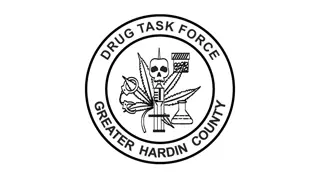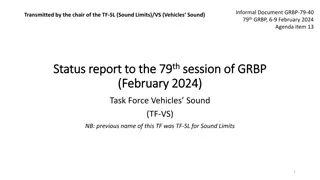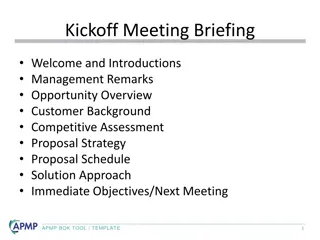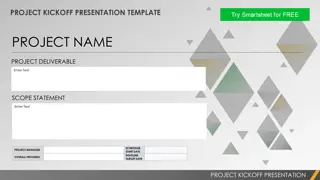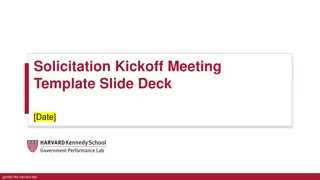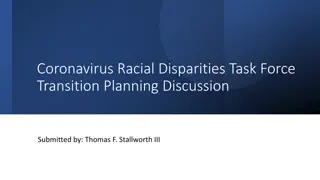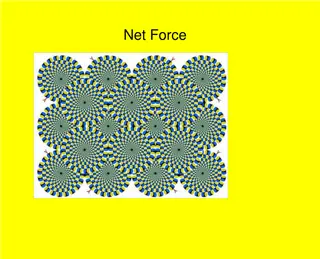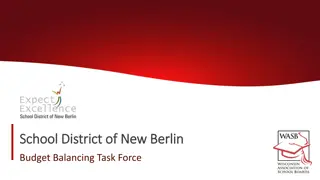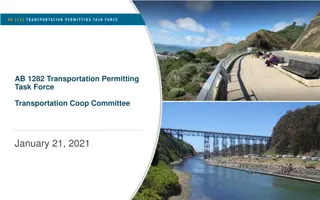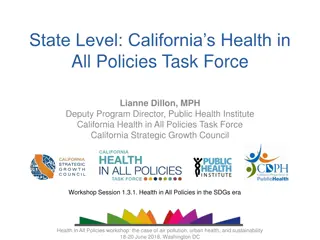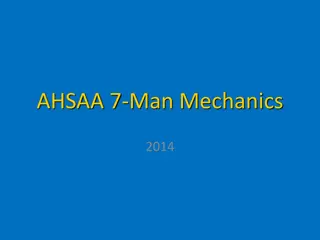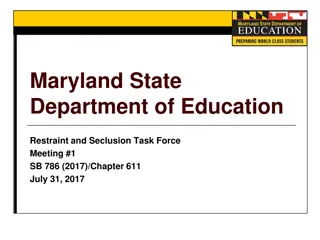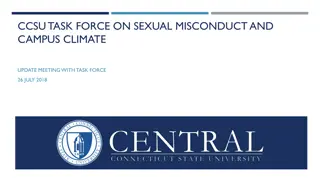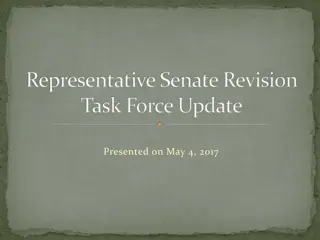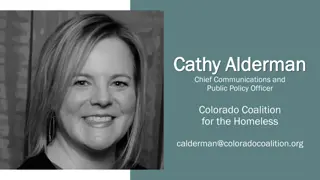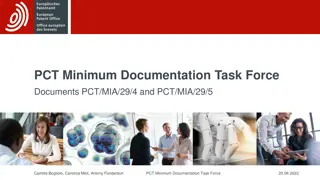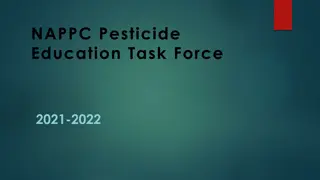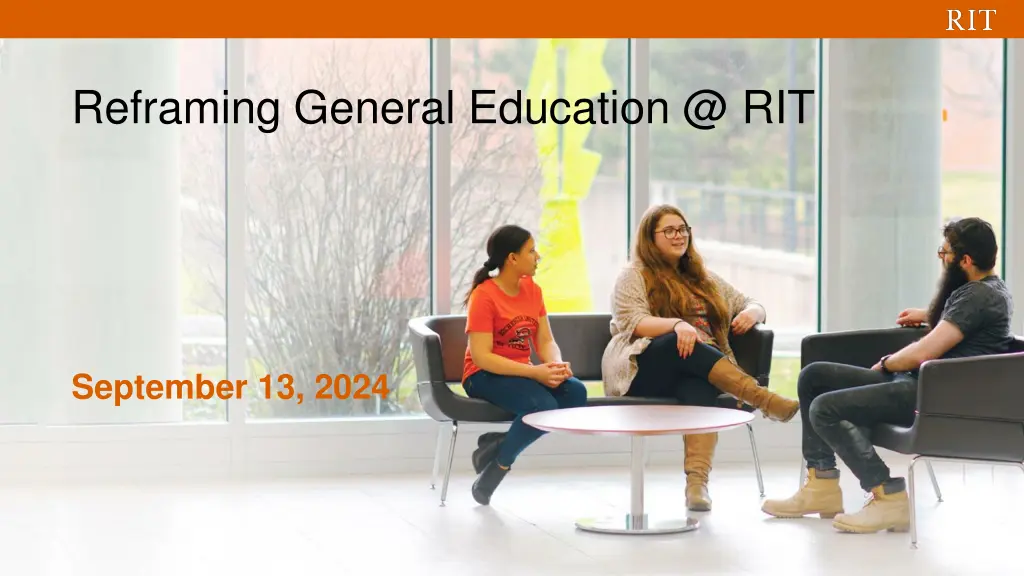
Reframing General Education at RIT
Explore the agenda, vision, and GE revisions at RIT, focusing on the current framework, outcomes, and MSCHE self-study criteria for enhancing student learning experiences. Gain insights into the Provost's vision and the emphasis on critical thinking, communication skills, ethical awareness, and global perspectives within the general education program.
Download Presentation

Please find below an Image/Link to download the presentation.
The content on the website is provided AS IS for your information and personal use only. It may not be sold, licensed, or shared on other websites without obtaining consent from the author. If you encounter any issues during the download, it is possible that the publisher has removed the file from their server.
You are allowed to download the files provided on this website for personal or commercial use, subject to the condition that they are used lawfully. All files are the property of their respective owners.
The content on the website is provided AS IS for your information and personal use only. It may not be sold, licensed, or shared on other websites without obtaining consent from the author.
E N D
Presentation Transcript
Reframing General Education @ RIT September 13, 2024
| 2 Agenda Vision for General Education (Prabu) Current GE Framework Overview and MSCHE Self-Study(Chris) GEC Recommendations (Bill Middleton or other GE Member) Taskforce Charge (Prabu) Advisory Group Role (Prabu) Timeline (Prabu)
| 3 Provost s Vision
GE Revision and MSCHE Self Study Std 3: Design and Delivery of Student Learning Experience Criteria 5: At institutions that offer undergraduate education, a general education program, free standing or integrated in to academic disciplines that: a. Offers a sufficient scope to draw students into new areas of intellectual experience, expanding their cultural and global awareness and cultural sensitivity and preparing them to make well-reasoned judgments outside as within their academic field; b. Offers a curriculum designed so that students acquire and demonstsrate essential skills including at least oral and written communication; scientific and quantitative reasoning, critical analysis and reasoning;, technological competency and information literacy. Consistent with mission, the general education also includes the study of values, ethics and diverse perspectives. | 4
| 5 Current Gen Ed Framework and Outcomes Outcomes: Each GE Course to include one of these outcomes; First Year Writing Course required and 2 Writing Intensive Courses Express oneself effectively in common college-level written forms Revise and improve written products Express oneself effectively in presentations, either in American English or American Sign Language Demonstrate comprehension of information and ideas accessed through reading Communication Use relevant evidence gathered through accepted scholarly methods and properly acknowledge sources of information Analyze and construct arguments considering their premises, assumptions, contexts, and conclusions, and anticipating counterarguments Reach sound conclusions based on logical analysis of evidence Demonstrate creative and/or innovative approaches to assignments or project Critical Thinking Perspective Domains: Requirements differ by degree type Ethical Artistic Global Social Identify contemporary ethical questions and relevant positions Interpret and evaluate artistic expression considering the cultural context in which it was created Examine connections among the world s populations Analyze similarities and differences in human experiences and evaluate the consequences Demonstrate knowledge of basic principles and concepts of one of the natural sciences AND Apply methods of scientific inquiry and problem solving to contemporary issues Natural Science Inquiry Demonstrate knowledge of basic principles and concepts of on of the natural sciences OR Apply methods of scientific inquiry and problem solving to contemporary issues Scientific Principles
| 6 Gen Ed Curriculum: 60 or 30 credit hours (BS or BFA) Perspective Courses: BS: 8 perspective courses: One course from all categories and 2 courses from Mathematical category BA: 5 perspective courses: ethical, artistic, global and social + one from either of the remaining categories (Math/Science) Immersions: One required (Series of 3 courses connected to a discipline or theme)
| 9 General Education Committee (GEC) Recommendations
| 10 GEC recommends that RIT revisit and revise the GE Framework. The Rationale is: Too many learning outcomes, leading challenges in teaching and assessing all outcomes; The current model has translated into a box-checking model for students; Students have indicated that they would like more flexibility and choice; The framework should include modern issues (e.g. social justice, sustainability) We are missing a marketing and recruitment opportunity; We should provide a common learning experience in the first year; Lack of cohesion of experience: GE curriculum is not integrated into the broader learning experience.
| 11 Revision Goals Align the curriculum with student interests and expectations Create an exciting and uniquely RIT GE experience that we can market to incoming students Facilitate meaningful assessment of GE learning outcomes
| 12 Core Task Force/Advisory Group Responsibilities Core Taskforce: Research existing models Develop proposed model/framework Develop a communication plan Gain Consensus Develop Implementation Plan Advisory Group: Provide ongoing consultation, as needed Meet once per semester to review plans and provide feedback
| 13 Revision Timeline: This is Very Aggressive AY 2024- 2025 Research frameworks at comparable/competitive schools Revise framework, learning outcomes Develop proposal to present to stakeholders All work should be included in the MSCHE Self-Study: Standard 3 Chapter AY 2025- 2026 Share proposal with stakeholders and build consensus Prepare plan for implementation consider staged implementation? AY 2026-27 Begin Implementation (or continue planning for implementation to occur in next academic year)
| 14 Stakeholders Students/Student Government Senior Leadership Faculty Senate Academic Colleges Registrar College Advisors Enrollment Management Undergraduate Admissions Marketing & Communications Board of Trustees
| 15 Questions/Discussion

